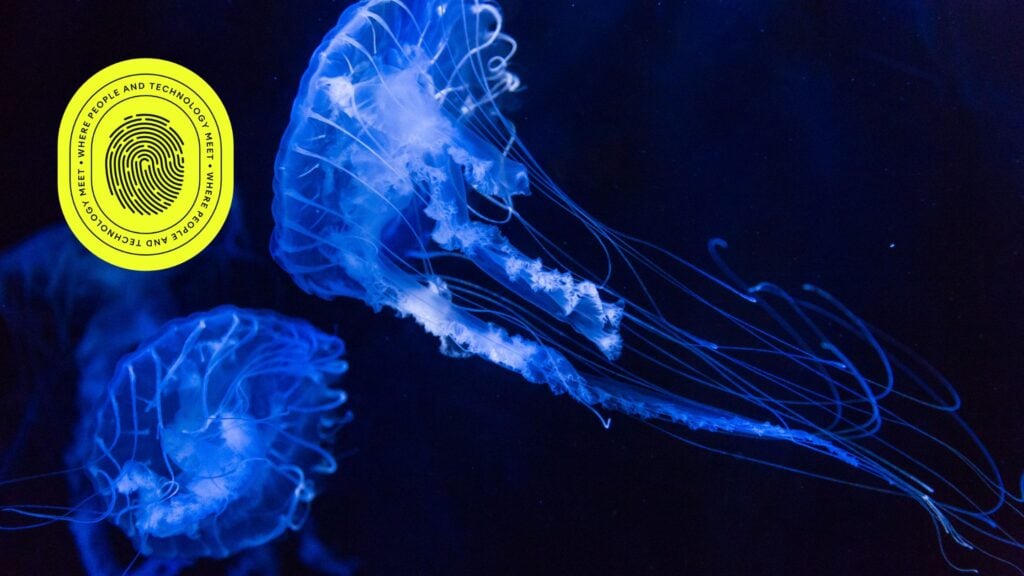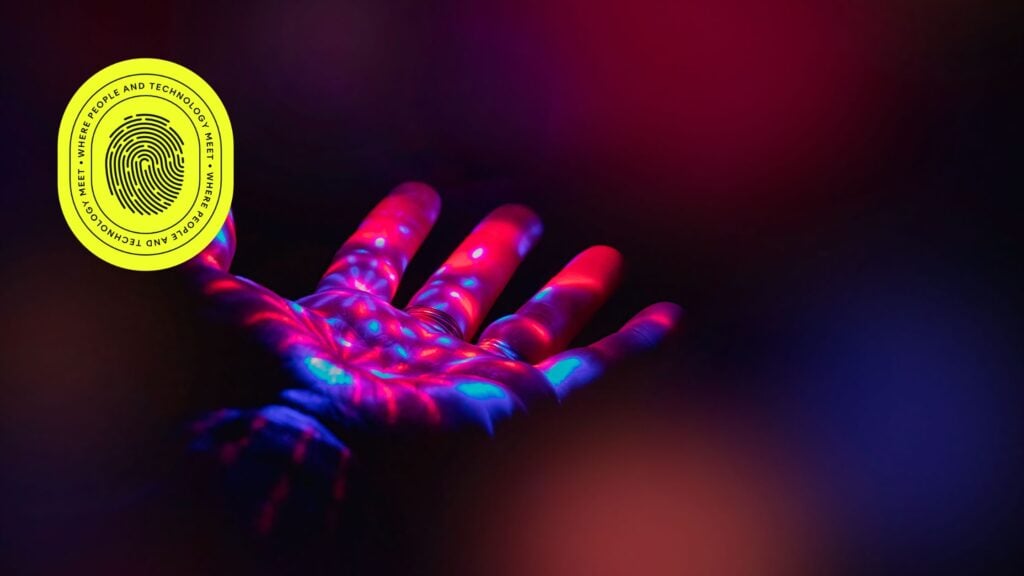Unsurprisingly retail and fashion brands are jumping on the Pinterest bandwagon. Fast.
I picked up on a competition Guess was running on their Pinterest page.
In order to enter you had to create a board on Pinterest around the theme of one of GUESS’s signature denim colours. What I liked about this is that the brand was using consumer-generated content to show how their brand and product fits into consumer lifestyles, right from the horse’s mouth, so to speak.
What I found more interesting was that although I’m an avid Pinterst lover and addict, I came across the competition on Facebook.
This is a good example of a brand cross-pollinating to drive traffic to their Pinterest platform, but not all brands and users out there are using Pinterest for the greater good.
Integrity vs. Originality
I think this type of competition works well for GUESS in that they’re encouraging engagement between the user and the brand, and making the brand relevant to consumer lifestyles.
But I would question the integrity of a brand simply using Pinterest as another competition platform and creating mindless campaigns with the sole purpose of increasing their following.
The Starbucks “Pin this and get a free coffee” campaign is a good example of how not to do it. Yes, it does create a viral spin-off for the brand, but simply pinning an image of their logo doesn’t really serve much purpose. Yes, people do like free things, but rather develop a campaign around actually engaging with the brand rather than ‘pinning’ the company logo. That’s really on the same level as ‘like our Facebook page and you can win’.
It will be interesting to see how Pinterest’s new terms of service will affect spam competitions in the future, and whether potential sabotagers will have as much freedom as they have had up until now.
Cyber attackers sneak in the back door
Besides the unimaginativeness of this kind of campaign, it also opens the door to cyber attackers. Like other social networking sites, Pinterest offers a false sense of legitimacy: if a survey promising free Starbucks is on your friend’s board, surely it’s safe, right?
The objective of the scam is to catch your attention with freebie offers and then once you click on the image it automatically redirects you to a phishing site where you enter personal details into legit-looking surveys.
Needless to say, you’ll never receive the promised goods, but the scammers will use your personal details for more nefarious purposes.
Watch your step
Things are changing though, and Pinterest’s new policies are a lot more in line with those of Google – the internet conglomerate lives by the mantra, “Do no evil”.
Up until now, Pinterest has relied on a standard set of terms and conditions, however the social network’s rapid growth evidently meant that these were no longer suitable. Not only has Pinterest become a greater traffic referrer than Twitter , Google+, YouTube, and LinkedIn combined, it is the second fastest site to go past 10-million unique visitors a month. As such, the terms of services needed to be relooked at, and Pinterest had to come up with a Plan B (or Plan P).
Do no evil. See no evil.
Pinterest stated that the changes were made to be “easier to understand and better reflect the direction our company is headed in the future”. Some of the changes include:
- Our original Terms stated that by posting content to Pinterest you grant Pinterest the right for to sell your content. Selling content was never our intention and we removed this from our updated Terms.
- We updated our Acceptable Use Policy and we will not allow pins that explicitly encourage self-harm or self-abuse.
- We released simpler tools for anyone to report alleged copyright or trademark infringements.
- Finally, we added language that will pave the way for new features such as a Pinterest API and Private Pinboards.
Nothing to raise too many eyebrows there, in fact the changes sound like a set of rules governing a world where My Little Ponies and Care Bears all live in happy harmony.
It may be worth questioning whether these changes are because Pinterest sincerely cares about its users, or because of significant pressure they’ve recently received. Nonetheless, there is no question that these are all good changes and will make for a much happier pinning environment. Hearts and flowers. Rainbows and fluffy kittens.
So pin with caution and integrity, as the gods of Pinterest intended.





